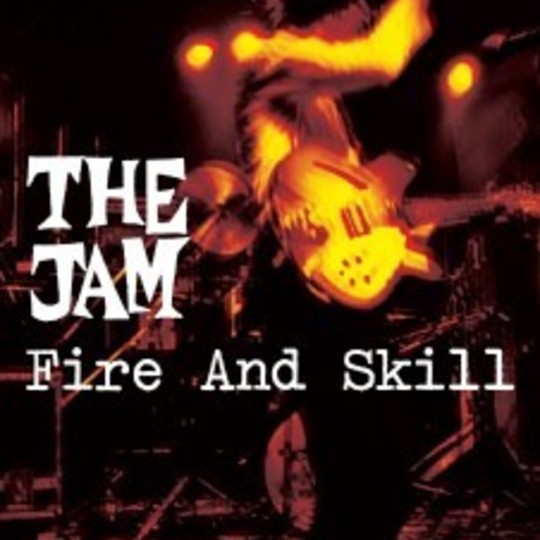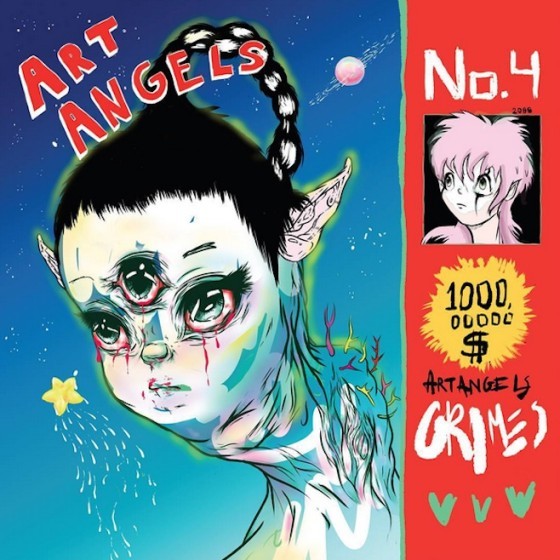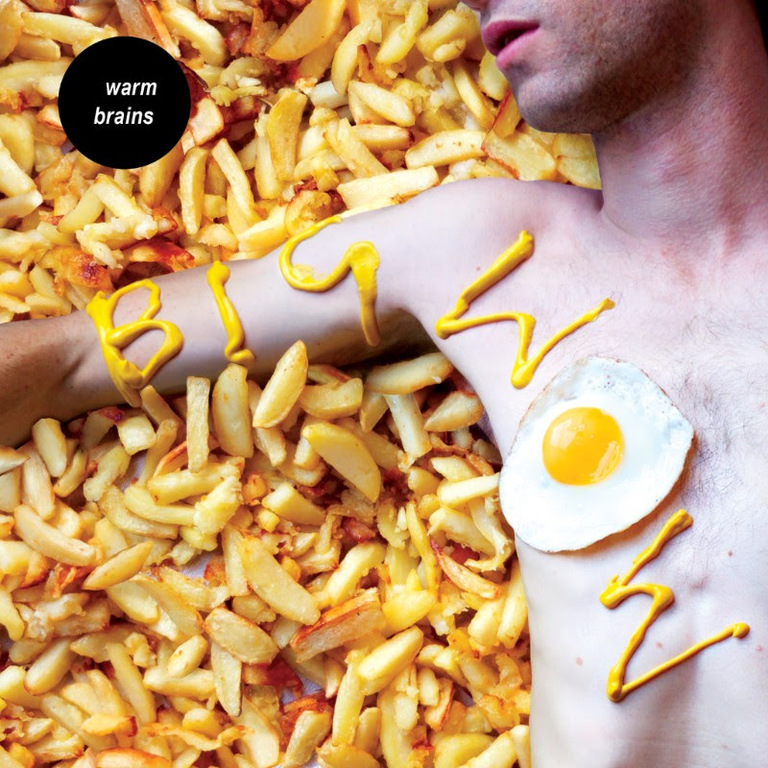The unprecedented rise and sudden demise of The Jam has been one of rock's biggest talking points for decades now. When Paul Weller announced in October 1982 that 'At the end of the year, The Jam will be splitting up as I feel we have achieved all we can together as a group' it sent shockwaves through the music industry. Not least among the other two members of the band, who seemed just as if not more stunned by Weller's statement than their fiercely loyal fanbase. By that point they'd put out six albums in as many years while evolving from brattish punk upstarts into a well-oiled chart topping machine in the process. Nevertheless, Weller clearly felt frustrated by his bandmates' limitations and was already planning his next foray into soul and jazz-infused pop with Merton Parkas keyboard player Mick Talbot, forming The Style Council in due course.
Fire and Skill tells the story of The Jam's blossoming progression as a live band up to the (literally) finished article that called it a day in December 1982. Spread across six CDs - one for each year recorded between 1977 and 1982 - and housed in a deluxe box also including a hardback book featuring memorabilia, five black and white photographs alongside an informative essay written by Pat Gilbert. Each of the six previously unreleased concerts capture pivotal moments in the band's career while reaffirming their status as one of the most captivating live acts of their generation. Remastered by Andrew Walter at the legendary Abbey Road studios, it's a fitting epitaph for a band who defied their early detractors to become the biggest band in the country by the time 1980 drew its first breath.
Having first played the 100 Club with the Sex Pistols in November of the previous year, the show at the same venue from September 1977 captured on disc one shows the band still finding their feet. Debut album In The City had come out four months earlier and its follow-up This Is The Modern World would be with us eight weeks later. Nevertheless, a good quarter of the 20-song set is cover versions while debut single 'In The City' features twice. Once during the set and then again during the encore because the band 'Don't have any more songs', as Weller coyly announces. Originally recorded for American radio, it's notable for the high octane speed songs begin and end in quick succession while the late John Weller's customary pre-gig introduction ('It's my pleasure and privilege to introduce, for the best audience in the world, the best band in the world, The Jam!') would be a regular feature throughout their live shows.
Disc two continues in a similar vein, focusing heavily on material from the first two albums and early singles. What's interesting is the aggressive nature of the show, Weller even pleading for the audience to calm down at one point. Recorded at London's Music Machine in March 1978, there's already a marked difference in the tautness of their performance, particularly the rhythm section of bass player Bruce Foxton and drummer Rick Buckler who are often overlooked.
By the time of the third recording, taken almost a year later from Reading University in the early part of 1979, The Jam are an altogether different beast. Having released critically acclaimed third album All Mod Cons just three months earlier - a record still cited by many as being their finest - there's a maturity both in the songwriting and musical demeanour that sets them apart from the majority of their erstwhile punk contemporaries. Songs like 'To Be Someone' and 'Mr Clean' - introduced by a quip from Weller about being ejected from the ladies toilets by Tom Robinson - bristle with a melodic sheen that's a million miles away from the likes of 'In The City' or 'Art School', both of which had been dropped from the live set by this point. Closer '"A" Bomb In Wardour Street' also takes the role of a rallying cry while becoming a regular finale at gigs for the next 18 months.
The fourth disc fast forwards another 18 months to October 1980, Newcastle's City Hall providing the setting on this occasion. With fifth album Setting Sons imminent in just over a fortnight, it gives the band an opportunity to play seven (at this point) unreleased songs including opener 'Dream Time' and poignant 'Pretty Green', both of which are well-received by a seemingly fervent crowd. At this point it would probably be fair to say the band were at the top of their game creatively, a point demonstrated by the flawless 25-song-set. Having just scored their second number one that summer with 'Start!', the wealth of killer material at their disposal was quite frightening, the likes of 'Going Underground', 'The Eton Rifles' and 'Strange Town' all regular staples by now.
Nevertheless, in the sleeve notes, Polydor Records A&R man Dennis Munday alludes to this period being the last time things ran smoothly, and while it's not so evident on disc five - taken from a CND benefit gig at Hammersmith Palais in December 1981 - there's clearly another transition at bay in the background. Indeed 1981 was the only year The Jam didn't release an album while active as recording artists, choosing instead to put out a couple of standalone singles from opposite ends of the musical spectrum ('Funeral Pyre' and 'Absolute Beginners'). What that makes for is a fairly professional if slightly hotchpotch setlist which includes nothing prior to All Mod Cons and only three songs off that record. Again, possibly conscripted for the purpose of trying out new material, half a dozen songs off as-yet unreleased final LP The Gift feature, including forthcoming single and third number one 'Town Called Malice'.
The final disc in the set sees the band play one of their final shows on December 2 1982 at Wembley Arena. With the cat out the bag that the band were over and the pressure seemingly off, their career-spanning 23-song-set presented their closing chapter in a more polished format. With a horn section and backing singers now a focal part of the live set-up, Weller's influence on bringing a more soulful element to proceedings had taken shape. Albeit to late to save the band. Nevertheless, older songs like 'Smithers Jones' and 'Down In The Tube Station At Midnight' nestle fortuitously alongside the funk-driven likes of 'Trans-Global Express' and 'The Great Depression' almost as if two different bands were at work here.
Nine days later after a show Brighton Conference Centre it was all over. However, the legacy of The Jam lives on and Fire And Skill only adds more weight to the band's everlasting reverence.
-
8Dom Gourlay's Score
-
8User Score






















